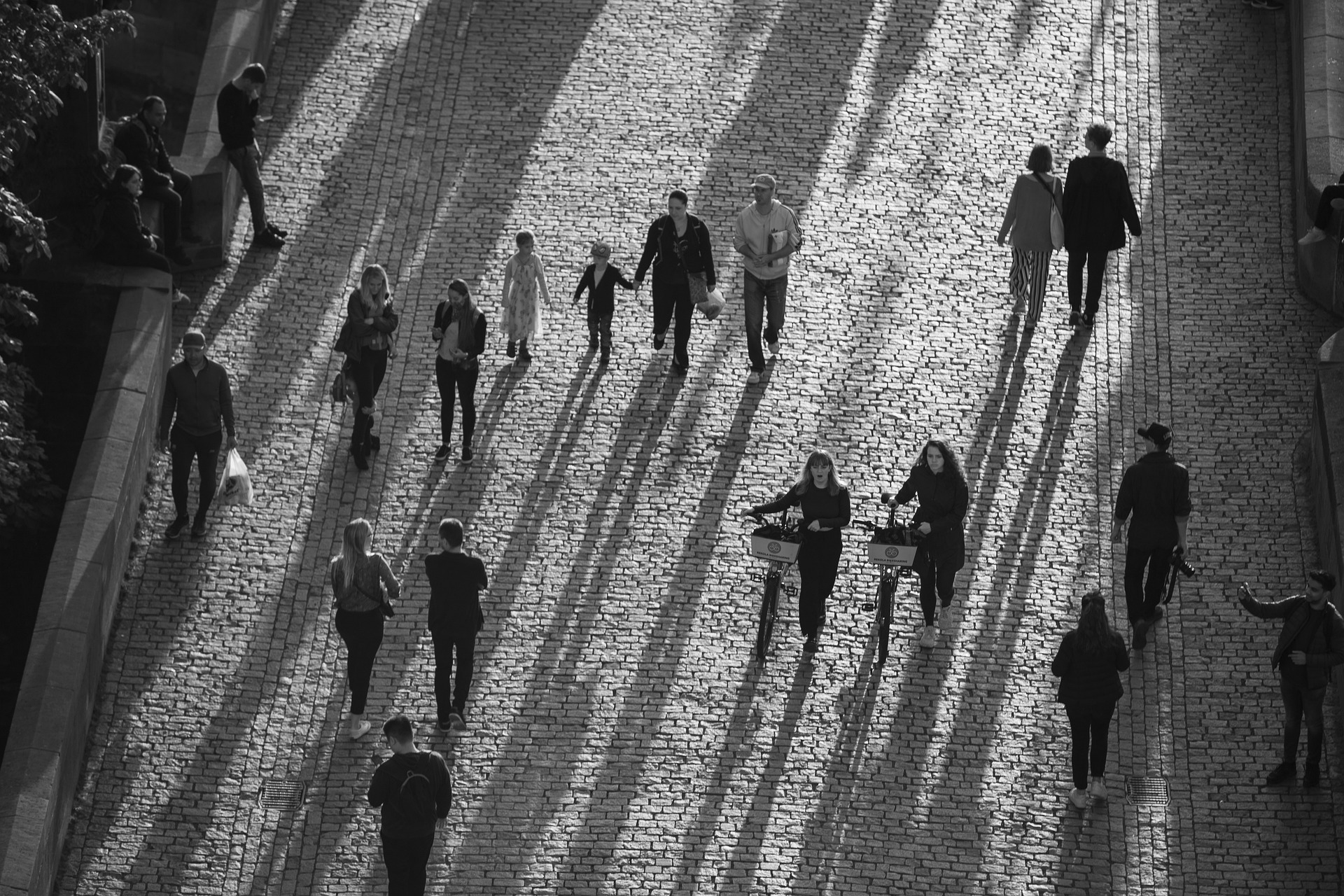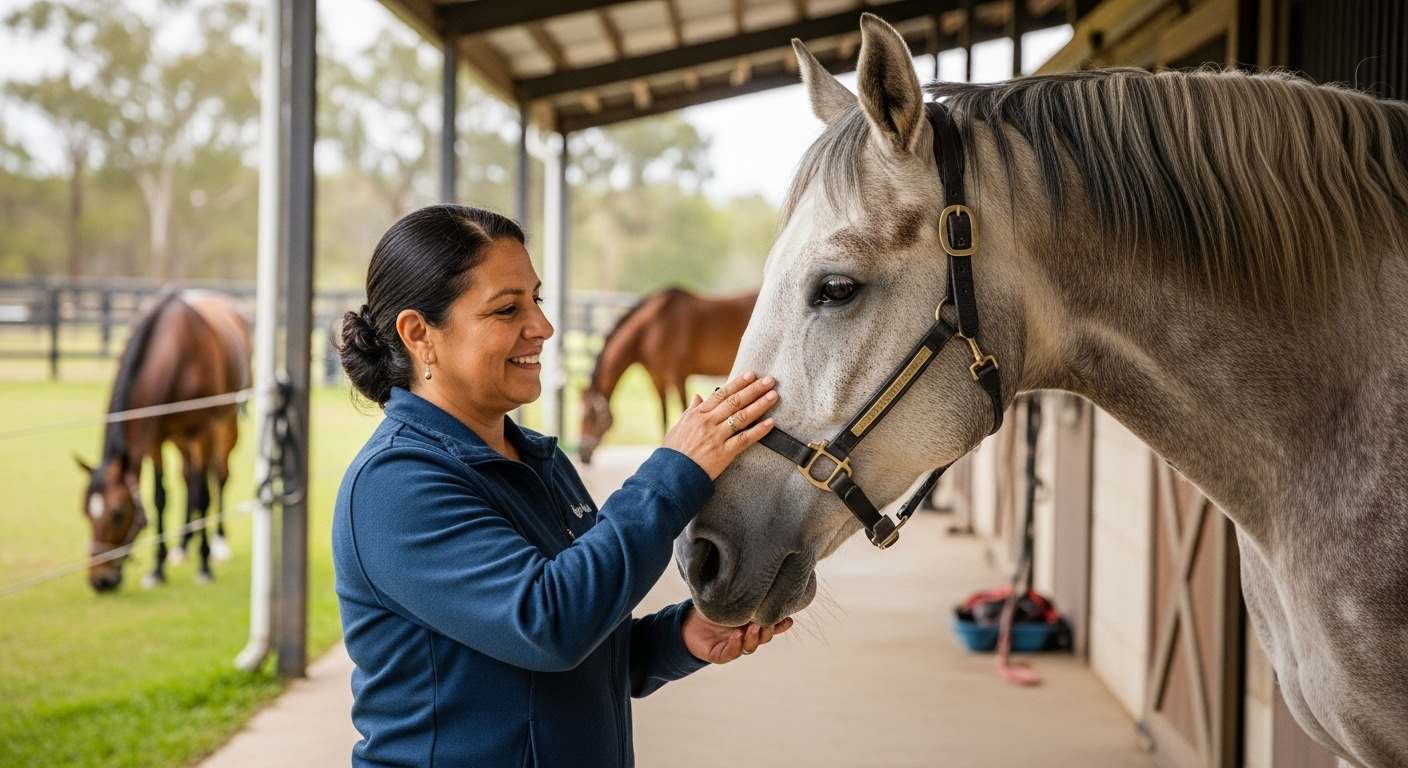The Rise of the "Experience Economy" and Its Impact on Society
The experience economy is a term coined by B. Joseph Pine II and James H. Gilmore in their 1998 article published in Harvard Business Review. Today, nearly two decades later, we are witnessing the full force of this transformational trend. As we become more digital and virtual, the value placed on authentic, real-world experiences is skyrocketing. Read below to understand this shift more deeply, its roots, and its implications for our society.
The Genesis of the Experience Economy
Pine and Gilmore’s foresight into the evolution of our economic structure was quite remarkable. They observed that after the agrarian economy (based on commodities), industrial economy (based on goods), and service economy (based on services), we were on the brink of a new economic era focused on memorable events - the experience economy. This evolution was driven by consumers’ changing preferences and the increasing value they placed on experiences over possessions.
The Current Landscape: Experiences Over Material Goods
Today, the experience economy is in full swing. Various studies and surveys reveal that millennials, who now represent a significant portion of the global consumer market, prioritize experiences over material goods. They’re more likely to spend on travel, music festivals, dining out, and other experiences than buying luxury goods. This shift is reshaping industries and driving businesses to rethink their strategies and offerings.
Social Media: Fueling the Experience Economy
Social media has played a pivotal role in propelling the experience economy. The desire to share unique experiences on platforms like Instagram and Facebook encourages people to seek out these experiences in the first place. Businesses, in turn, are capitalizing on this trend by creating ‘Instagrammable’ experiences.
The Broader Implications for Society
The experience economy is not just a business trend; it has broader implications for society. It has the potential to foster greater appreciation for diversity and creativity, as people seek out unique and culturally rich experiences. It can also promote community-building, as experiences often involve social interaction and shared memories.
However, it’s essential to acknowledge potential downsides. The quest for unique experiences can lead to over-tourism, negatively impacting local communities and the environment. Additionally, the focus on sharing experiences on social media can sometimes detract from the enjoyment of the experience itself.
Looking Ahead: A Balanced Approach to Experiences
As we navigate the experience economy, a balanced approach is critical. While experiences can enrich our lives, it’s important not to lose sight of their true value beyond social media shares or ‘bucket list’ ticks. Simultaneously, businesses and policy-makers should consider the broader societal and environmental impacts of this trend.
In conclusion, the experience economy is a transformative societal trend with far-reaching implications. As we continue to grapple with its effects, it will be fascinating to see how it evolves and shapes our society in the years to come.





